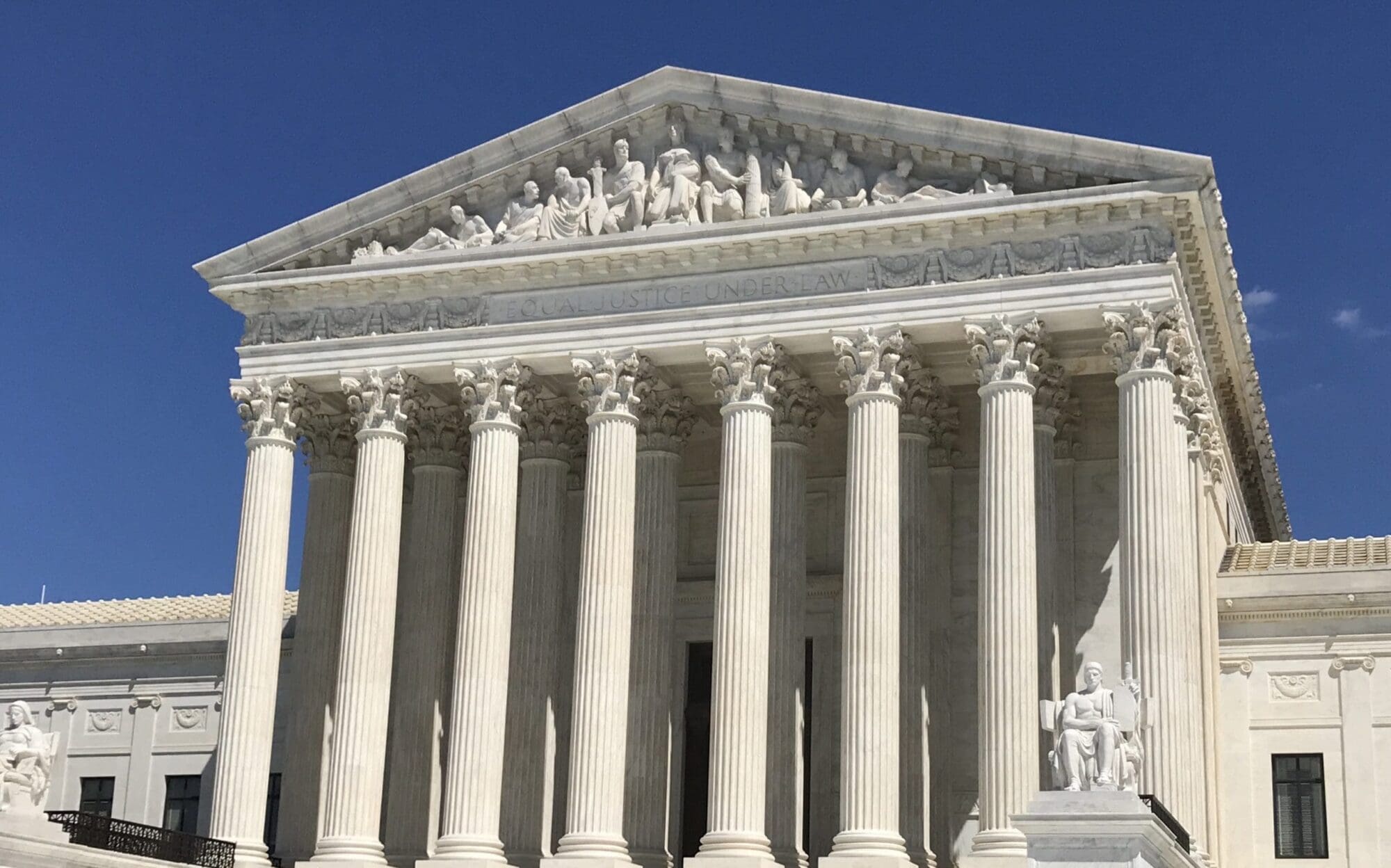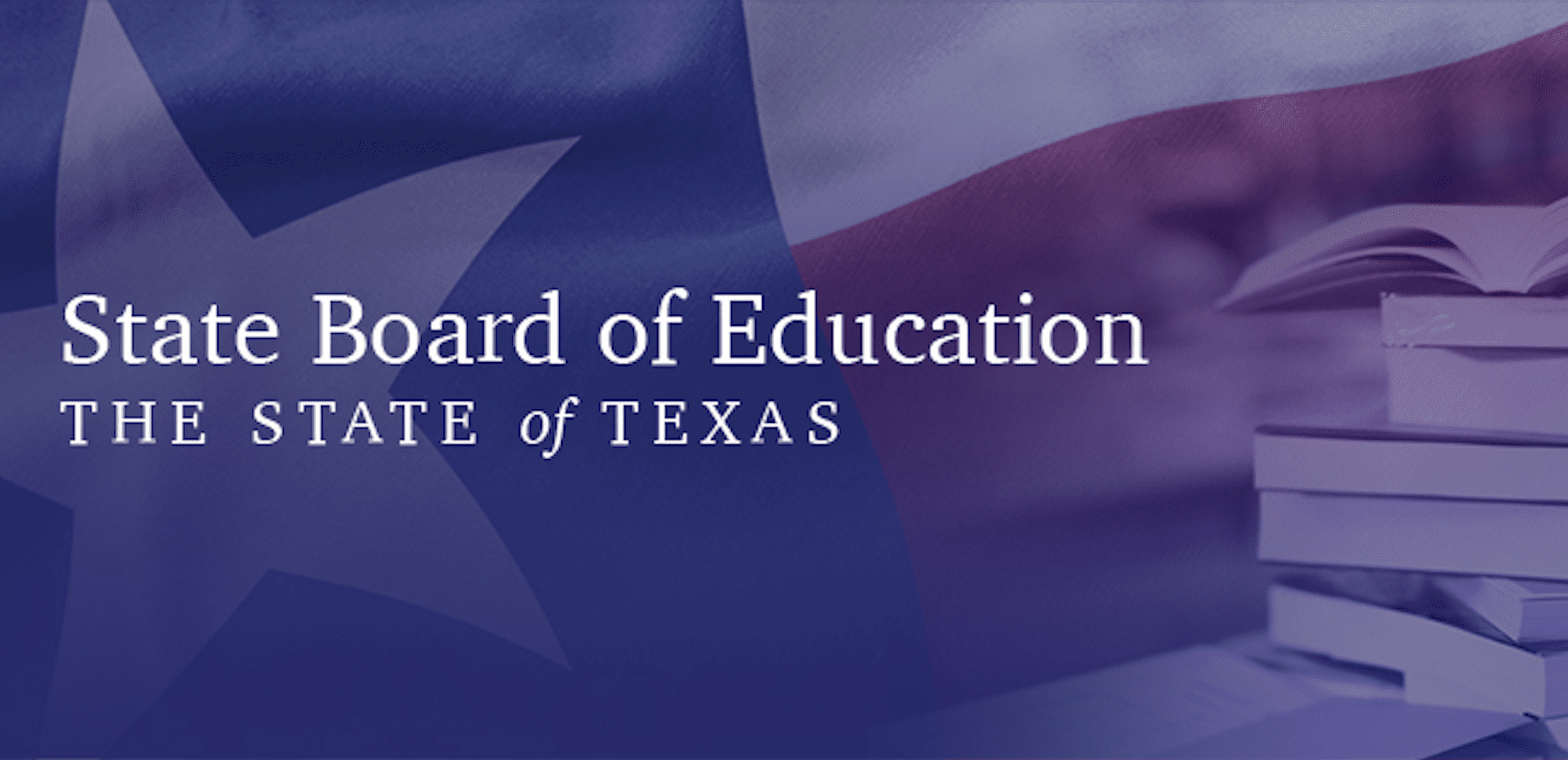In a report distributed to UNT’s Board of Regents, several concerns were raised by System Chancellor, Lee Jackson. The Dallas Morning News published the following quote:
“Since 2011, but in some cases possibly before that date, UNT staff presented revenue estimates to the president at the System which we now find were not realistic. As a result, UNT leaders were not able to accurately address and balance spending and revenue.”
Stated differently, they appear to have overspent, in part, due to inaccurate revenue estimates over a period of at least several years. But there are more troubling concerns than just lofty projections.
Serious budget issues emerged last month, coinciding with the abrupt resignation of three, top finance officials.
The report also cited the improper use of state funds for certain staff benefits that should have been paid for with student fees, such as millions paid in benefits to library employees. The exact amount is unclear as is the remedy. Either UNT will repay the funds to the state or face future “cuts” in funding.
Jackson expressed the need for “a major upgrade of our basic financial management procedures”, including improving its financial and budget reporting with technology upgrades and other efforts.
Perhaps they just need staff who feel the obligation to follow the law?!
In any case, the state auditor’s office has launched an investigation. The DMN also reported that the budget deficits can be absorbed through “belt-tightening and reorganization”, according to Neal Smatresk, UNT’s new president. He also recognized the “poor budgetary practices” used by the system in years past.
With millions in tax dollars floating around, it begs the question, what else could be cut?
Texas has experienced skyrocketing tuition rates and a disproportionate increase in both education expenditures and debt levels. Between 2001 and 2011, the combined rate of enrollment growth and inflation of universities was 68%, while outstanding debt grew 3.5 times faster, at 246%.
Over the same time period, tuition rates increased 125%, or twice as fast as enrollment and inflation. In fact, the burden of funding of universities by the legislature in 2001 was twice as high as what students bore through tuition rates. By 2011, the burden paid by students increased 171%, or six times faster than state funding appropriations.
In other words, despite increases in state funding, institutional resources, federal funds and skyrocketing debt levels, the burden born by students through tuition rates has still increased dramatically. Considering the fact that universities are flush with cash, you’d expect the exact opposite.
If legislators are serious about fiscal responsibility, the funding for secondary education needs to be thoroughly reexamined. But that won’t happen with legislators who indiscriminately throw more money at education.
The UNT debacle is yet another glaring example that taxpayers need to stay vigilant in government affairs, including education funding reform.




